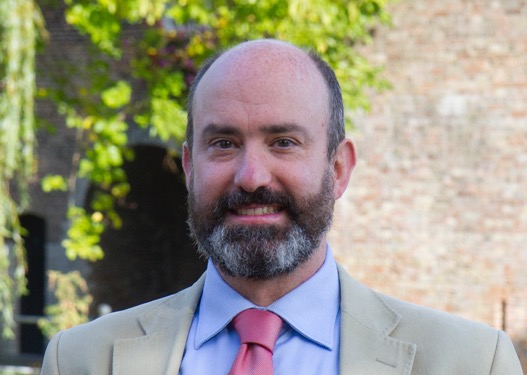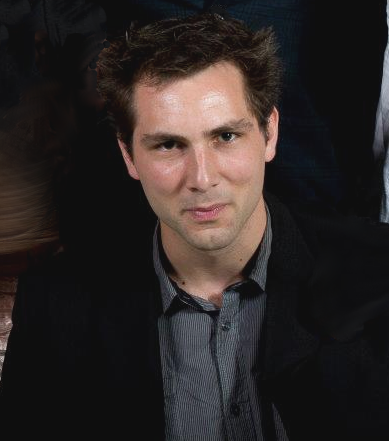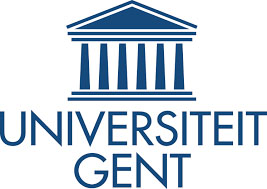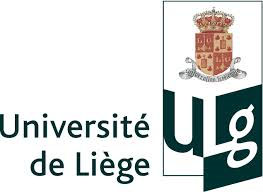| Gilles David Enertime SAS Biography: Gilles David is an electrical engineer graduate from French IEEE School ESE (Supelec). He started his career in 1982 with Cegelec, the electrical contracting arm of the Alstom Group and work in the hydroelectric power plant department to become its commercial manager. He went to the Philippines in 1997 to become Head of ABB Alstom Power/Alstom Philippines in 1999. Back to France in 2003, he created and managed Alstom Bioenergy renamed Areva Bioenergy, a turn-key supplier of biomass and biogas power plants. He left Areva Bioenergy in 2007 to create Enertime in February 2008. Enertime is a manufacturer of ORCs and high temperature heat pumps. Gilles is also a Board member of Vergnet SA, a wind mill manufacturer.
ORC and entrepreneurship in 2015 Abstract: The creation from scratch and development of an industrial company in the 21st century is a challenging but rewarding experience. The ORC technology is a perfect choice for would-be industrial entrepreneurs. Gilles David will speak about the genesis of Enertime, an ORC manufacturer he created in 2008. He will explain the technical choices made, the experience gained in creating and establishing a company that design and build large ORC for the international market and his view of the ORC market drivers. |
.JPG) |
|
| Piero Colonna Delft University of Technology Biography: Prof. Colonna received a Master degree in Aerospace Engineering, a Master degree at Stanford University and a PhD in Energy Engineering from Politecnico di Milano, working with Prof. G. Angelino and Prof. W. C. Reynolds. Before starting his academic career, he co-founded an energy engineering consulting company, thus acquiring field experience in the design and construction of advanced power plants. He has been working at the Delft University of Technology (NL) since 2002. In 2005 he was a recipient of the VIDI grant of the Dutch Science Foundation-NWO.
The research of Prof. Colonna in advanced power and propulsion systems spans from fundamental work, to application-driven investigations. He gave fundamental contributions, both theoretical and experimental, to the establishment of a new field in gas dynamics focused on the study of flows of substances in transcritical and supercritical thermodynamic states (NICFD – non ideal compressible fluid dynamics), which he applies to the study of design methodologies for innovative turbomachinery. Computer programs he initiated are widely adopted by academia and industry. With his simulation studies on the dynamics of complex energy, he pursues the concept of “prompt power plants” to fulfill one of the newest and pressing requirements of the sector. Prof. Colonna is also a world-recognized expert on Organic Rankine Cycle technology. Prof. Colonna is the recipient of an ASME Best Paper Award, of two Best MSc Lecturer Awards of the TU Delft, of the Outstanding Service Award of the International Gas Turbine Institute, is Associate Editor of the Journal for Engineering of Gas Turbines and Power, has served in the board of the IGTI since 2014 and is the upcoming chairman of the board. Mini-ORC turbogenerator: The upcoming leap forward? Much R&D is currently devoted to obtain commercial ORC power systems generating few kilowatts up to few tens. The driver application is currently waste heat recovery from long-haul truck engines, but many other applications can be envisaged, once these units successfully reach the market. This is not a new idea, and a brief history will illustrate past developments, useful for the context. The design paradigm of such systems is bound to be quite different from mainstream stationary ORC power plants, as mini systems will be designed for standardized large series production. The small capacity offers at the same time challenges and opportunities. The small and fast turbine is one such challenge, and options and concerned research are briefly addressed. Several new applications based on these miniature power plants are described, and ideas for the path forward proposed. |
 |
|
|
Sylvain Quoilin
University of Liege Biography: Sylvain Quoilin obtained a European Doctorate in Mechanical/Energy Engineering in 2011 at the University of Liege, where he is now Associate Lecturer in the "Energy Systems Research Unit".
His PhD thesis focused on the Organic Rankine Cycle (ORC) technology applied to solar and waste heat recovery applications, in particular for the following aspects: fluid selection, steady-state modelling, optimization, dynamic modelling and regulation of the system, experimental studies. He gained a strong international experience with research stays in the US (Massachusetts Institutes of Technology), in Germany (TU München), Spain (Plataforma Solar de Almería) and South Africa (Solar Turbine Group, NGO), visiting research groups working in ORC power systems. He is the author and co-author of more than 60 journal and conference papers regarding the ORC technology, together with three book chapters and one review paper. He is the main inventor of one patent dealing with the dynamic control of waste heat recovery ORC systems. Past and current research trends in ORC power systems Abstract: The past years have seen an almost-exponentially increasing number of published papers in the ORC research field. This profusion of publications sometimes makes it difficult to get a global picture of the main challenges and ongoing research. Recent literature has also been characterized by a certain lack of originality, the same methods and approaches being repeated multiple times with few new relevant insights. It is therefore of primary importance to highlight the state-of-the-art and foster new and original research, potentially resulting in new technological improvements. This keynote provides an overview of the state of the art and of the main research trends in ORC power systems. It does not aim at covering all research fields, but highlights and describes a few relevant topics originating from the previous ORC conferences and from the scientific literature. The main methods, mathematical tools and results are described in such a way to provide useful information for the replication of such studies. Recommendations are finally formulated, together with an open discussion regarding possible relevant future contributions in ORC research. |
 |
|
KEYNOTE SPEAKERS

